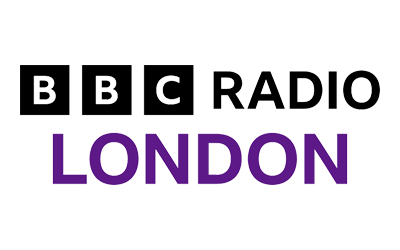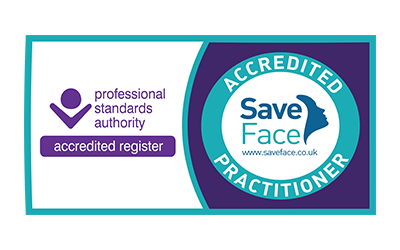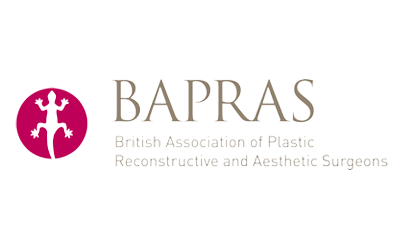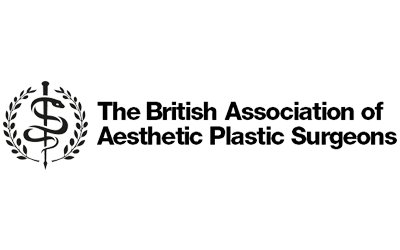It can take up to 4 weeks to recover from a mammoplasty – or breast reduction – and postoperative swelling is perfectly normal and an integral part of tissue and muscle healing after surgery.
Typically, any swelling will be at its worst a week after the operation, beginning to decrease after this point. It can take between 6 and 9 months to see full results from breast reduction surgery, so you may still experience some swelling during this time.
Swelling in other areas of the body such as the ribcage and even in your legs is also no cause for concern after mammoplasty, as gravity can cause swelling to move down your body.
How long does swelling last after a breast reduction?
Your swelling after a breast reduction can last for up to three months, so you’ll not see the final result until the swelling has subsided.
How to reduce swelling after a breast reduction
We understand that you’ll be feeling excited to see your new breasts post-surgery, but you have to wait until the swelling goes down. There are several things you can do to encourage the healing process, and your Karidis care team will be there to support you with advice.
You can reduce swelling after breast reduction surgery by:
Drinking plenty of fluids
Hydration is essential following a breast reduction. Aim to drink a minimum of 2 litres of water per day to stay fully hydrated. You may find that using a measured bottle can help you to keep track of how much water you are drinking.
You may think that drinking more fluid will make any postoperative swelling worse, but it can help to reduce swelling by flushing out your system.
Eating a healthy, varied diet
Your body needs nutrients to heal. Good nutrition can help reduce postoperative swelling and bruising and boost tissue repair following a mammoplasty.
Ensure you eat a balanced diet which is rich in:
- Protein
- Fibre
- Complex carbohydrates
- Vitamins and minerals
- Iron
This will help repair damaged muscle and skin and also help to maintain an optimum fluid balance.
Keeping active
While you should avoid any strenuous activity after a breast reduction, you should aim to move your body gently each day after surgery, as this can help to reduce postoperative swelling, plus decrease the risk of developing blood clots.
Aim to take a gentle walk each day, then ask your surgeon for some recommended exercise following your procedure.
After a breast reduction you should completely avoid:
- Reaching above your head
- Lifting anything heavy
Reducing the salt in your diet
Salt causes your body to retain water, which can worsen swelling. Aim to keep your salt intake low by avoiding pre-prepared and processed food such as tinned soup and sauces, plus crisps and other savoury snacks.
Do not exclude salt from your diet completely, as this can lead you to develop a dangerous condition called hyponatremia.
Managing your medication
Medication is essential to manage any pain or discomfort after surgery. The appropriate medication will be prescribed by your surgeon before you leave the clinic following your breast reduction.
Whilst taking pain medication, you must avoid taking any supplements which can interfere with the fluid balance in your body, including:
- Diuretics
- Garlic supplements
- Caffeine pills
It is perfectly normal to feel alarmed following a breast reduction, as any swelling may appear highly visible.
Of course, if you are concerned about the level of swelling you are experiencing after surgery, contact us at the clinic immediately. We will be more than happy to discuss your symptoms and provide additional aftercare tips and advice.
















